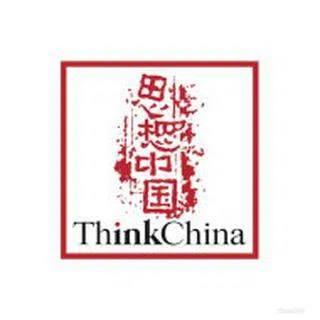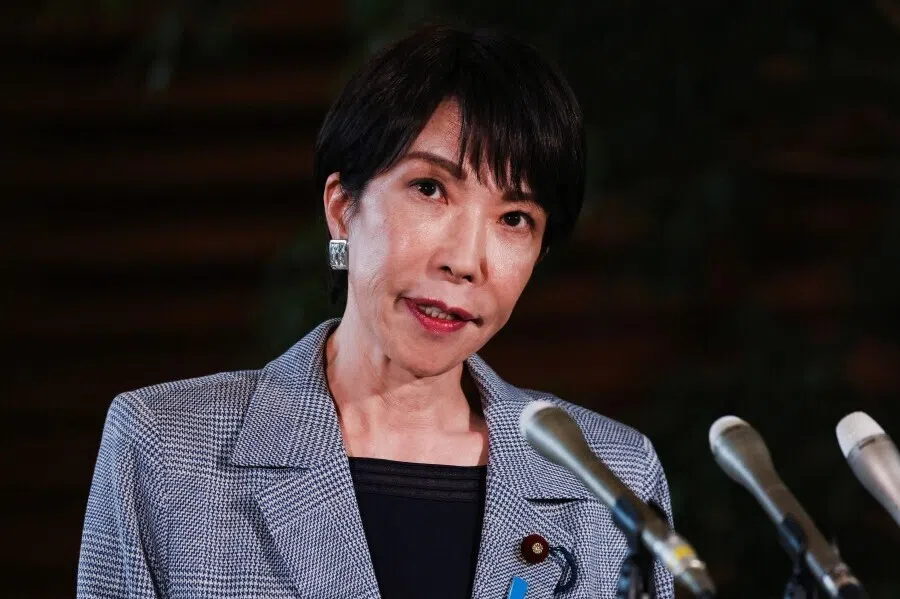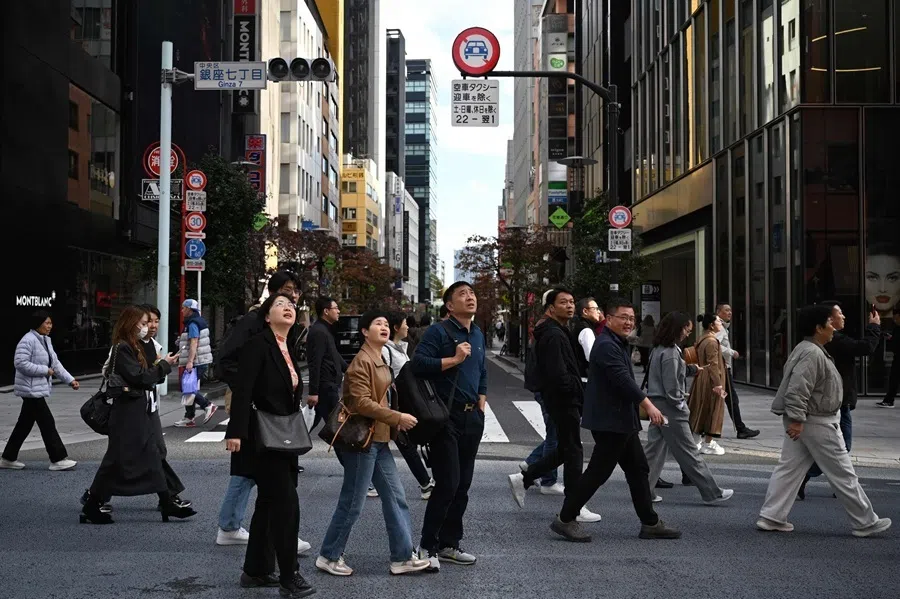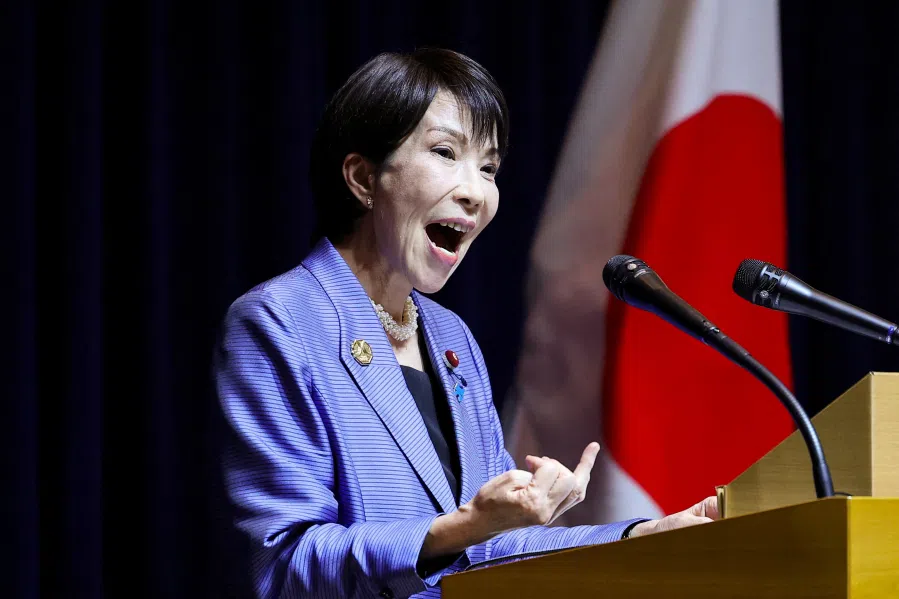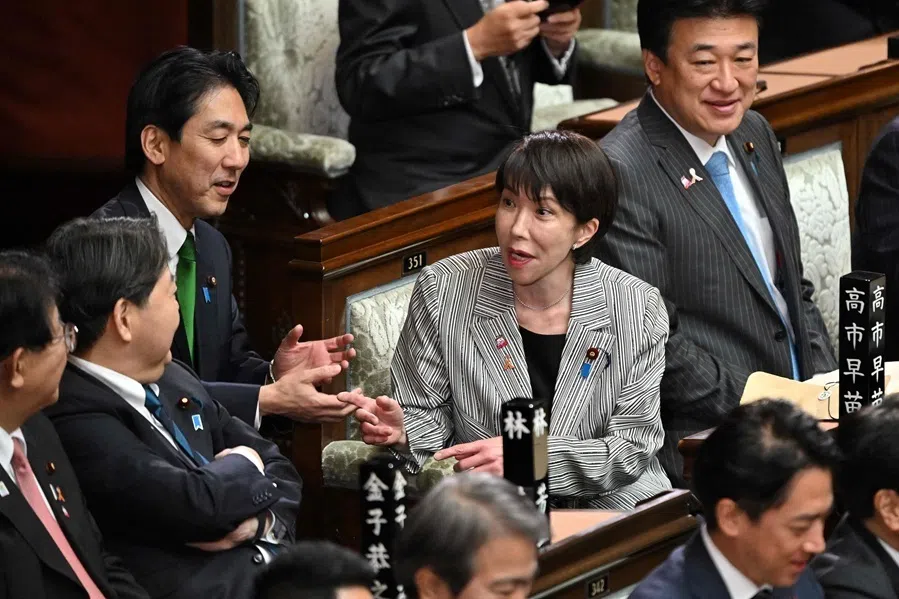APEC: No longer an 'economic cooperation' forum
Commentator Jin Jian Guo notes that the recent Asia-Pacific Economic Cooperation (APEC) forum was of less interest than the sideline meeting between Chinese President Xi Jinping and US President Joe Biden. 'Open regionalism', previously synonymous with APEC, seems a thing of the past.
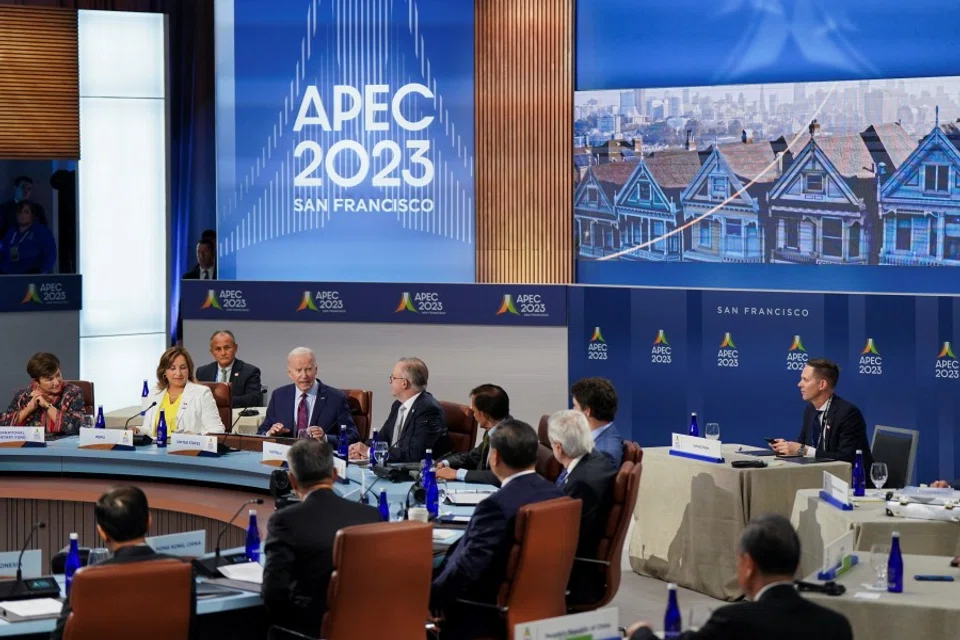
The Asia-Pacific Economic Cooperation (APEC) forum is essentially dead in all but name. "Economic" and "cooperation" have become "de-risking" and "competition". Indeed, the APEC summit in San Francisco shows a clear contrast with the first summit in Seattle 30 years ago.
Open regionalism on the back burner
The 1993 APEC leaders' declaration stated: "We have held an unprecedented meeting of the economic leaders of the Asia-Pacific Economic Cooperation forum. In this post Cold War era, we have an opportunity to build a new economic foundation for the Asia Pacific that harnesses the energy of our economies, strengthens cooperation and promotes prosperity.
"Our meeting reflects the emergence of a new voice for the Asia Pacific in world affairs. As we prepare to enter the twenty-first century, we believe our dynamic region, representing forty percent of the world's population and fifty percent of its GNP, will play an important role in the global economy, leading the way in economic growth and trade expansion."
In 1994, APEC established the Bogor Goals to advance trade and investment liberalisation. Open regionalism became a label for Asia-Pacific economic cooperation.
In contrast, the 2023 APEC Golden Gate Declaration did not make any mention of encouraging trade and investment liberalisation, nor any commitment to open regionalism. Instead, it reflects a framework of Asia-Pacific economic cooperation with a US influence.
Clearly, the Golden Gate Declaration implicitly draws a clear line between market-based and government-led economies.
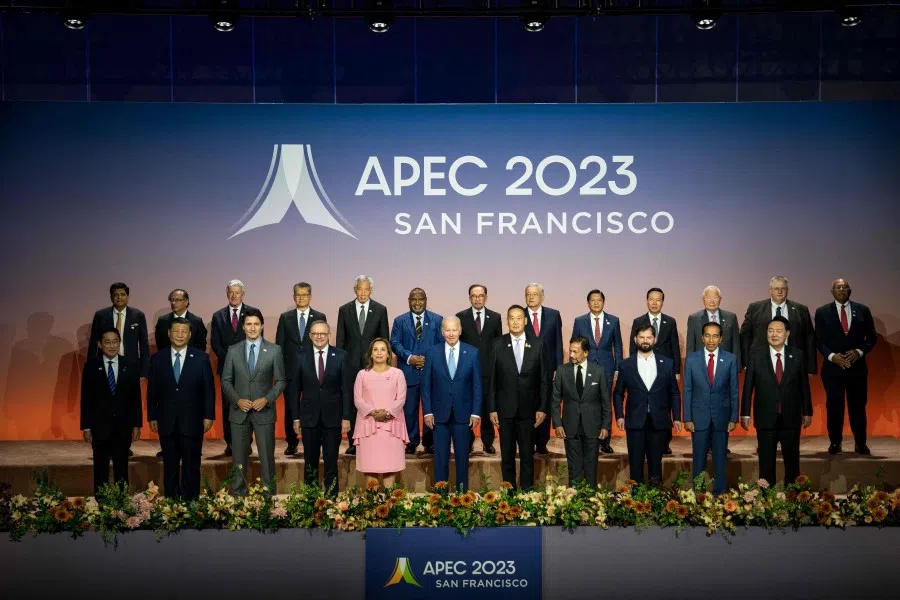
The declaration states: "We reaffirm our determination to deliver a free, open, fair, non-discriminatory, transparent, inclusive, and predictable trade and investment environment... We underscore our commitment to advance economic integration in the region in a manner that is market-driven.
"We also reaffirm our commitment to keep markets open and address supply chain disruptions, including by working to support our businesses in building secure, effective, resilient, sustainable, and open supply chains that create a predictable, competitive, and digitally interconnected Asia-Pacific region."
The reverse of a "free, open, fair, non-discriminatory, transparent, inclusive, and predictable trade and investment environment" is one that is closed, discriminatory, opaque and unpredictable. Such an economic model only arises when the effect of a strong government is greater than market forces, thus hindering market-driven foreign trade and investment. Building secure, effective, resilient, sustainable and open supply chains is the core of the US's Indo-Pacific Economic Framework (IPEF).
Clearly, the Golden Gate Declaration implicitly draws a clear line between market-based and government-led economies. Two fundamentally different economies cannot come together to pursue trade and investment liberalisation. Indeed, market-based economies consider the foreign trade and investment of non-market economies as discriminatory, opaque and unpredictable, and such unpredictability has been keenly felt by South Korea and Australia.
Without its core content of trade and investment liberalisation, APEC is nothing more than an empty shell.
An empty shell
The mark of a rift in Asia-Pacific economic cooperation under the APEC framework was the Trans-Pacific Partnership (TPP), advocated by the Obama administration in a bid to establish market-based regional economic cooperation rules, thereby excluding government-led economies, or rather setting a high bar for them to join.
The TPP was in line with the economic interests of most Asia-Pacific countries but completely out of step with the political atmosphere within the US. Former US President Donald Trump made the populist move of withdrawing from the TPP, which was later revived as the Comprehensive and Progressive Agreement for Trans-Pacific Partnership (CPTPP) through Japan's efforts.
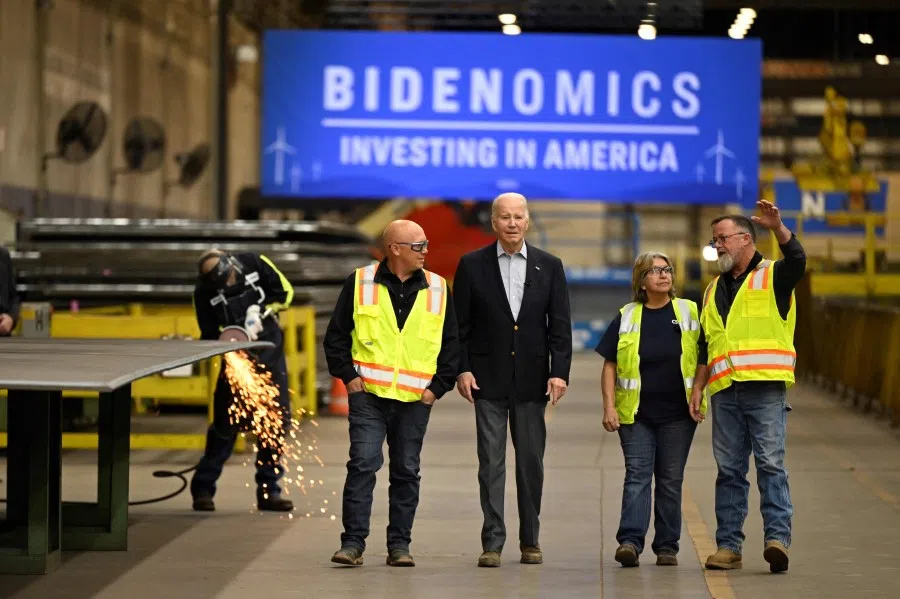
The barriers created by the pro-business (read: pro-US business) Biden administration made it difficult for the US to join the CPTPP. The high bar for joining the CPTPP also became a huge obstacle for China's accession, far beyond what was required to join the World Trade Organization. Also, apart from meeting the requirements of the rules, there is also the question of whether Japan, Australia and Canada are confident that the Chinese government will follow the rules.
It is highly unlikely that APEC will realise the vision of an Asia-Pacific Free Trade Area. When it comes to Asia-Pacific economic cooperation, there is now the CPTPP implementing trade and investment liberalisation, and the US-led IPEF. Without its core content of trade and investment liberalisation, APEC is nothing more than an empty shell.
And even this shell is shaky - the news that the Chinese president would attend the APEC summit in San Francisco was released at the last minute, reflecting geopolitical tussling. This tussling led to the unwillingness of Chinese media to release the group photo of the summit, which in turn reflects China's mindset in participating in global governance. How could China allow its leader to stand to one side as it joins the world stage? The Chinese people have their own logic in how they see the world.
The US now has the IPEF and uses it to achieve what it wants. In this sense alone, the US has abandoned APEC.
From economic to political function
As APEC's economic function weakens, it becomes a platform for major power competition but it also plays a positive role in defusing great power tensions. Without the APEC summit in November, it is hard to imagine how the Chinese leader would have met with Biden. With the summit, Chinese and US senior officials met for frequent discussions as they engaged in active preparations and detailed arrangements for the Xi-Biden meeting, laying the groundwork to stabilise China-US relations.
The highlight of the APEC summit in San Francisco was not the summit itself, but the Xi-Biden meeting; nor did anyone expect the APEC summit to still have an impact on trade and investment liberalisation. Public focus was on what the Xi-Biden meeting achieved and not the specific outcomes of the summit.
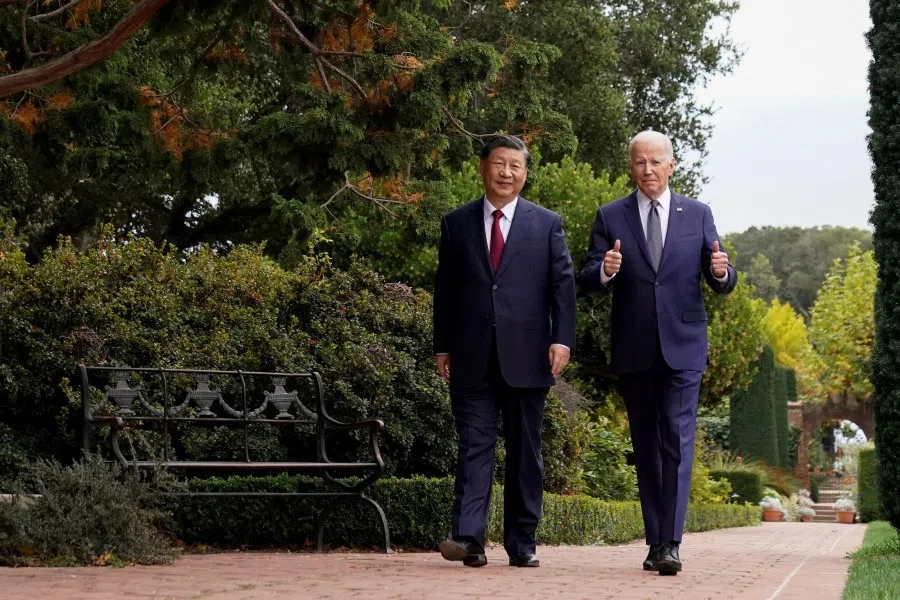
APEC is a non-binding forum, and its promotion of trade and investment is far less than the CPTPP. It does not matter whether the trade and investment liberalisation that APEC used to advocate is achieved; after a grand summit, APEC members go their separate ways, and no one takes commitments to APEC seriously. The US now has the IPEF and uses it to achieve what it wants. In this sense alone, the US has abandoned APEC.
As APEC's economic function weakens, China has its Belt and Road Initiative, while the US has not only the IPEF but also the US Global Infrastructure and Investment Cooperation Partnership, as well as the India-Middle East-Europe Economic Corridor (IMEC).
Fragmentation is a result of China-US competition, and the fragmentation of the global economy in turn has led to the fragmentation of regional economies. The US wants to maintain its hegemonic position, while China is also fighting to be recognised as the global leader. In 2023, the US economy made a strong comeback but is no longer as welcoming. In contrast, it seems that China's door is opening ever wider, but foreign investors are hesitant.
... thanks to APEC, small and medium-sized countries are playing politics alongside China and the US.
Opportunity for leaders' meeting
As APEC's economic function weakens, it becomes a stage for geopolitical manoeuvring. In response to the Russia-Ukraine war and the Hamas-Israel war in Gaza, the US, as the host of APEC, issued a chair's statement: "Most members strongly condemn the aggression against Ukraine and underscore the need to reach a just, and lasting peace based on the principles of the United Nations Charter, including the territorial integrity, sovereignty, and political independence of Ukraine."

The US bringing geopolitics into the APEC summit when it is not part of the forum's scope is another indication that APEC now only exists in name.
However, the forum's so-called death does not mean its exit. Thanks to APEC, there is a platform to ease the competition between China and the US, and the annual APEC summit provides an opportunity for leaders of the two countries to shake hands and make peace. As long as China and the US avoid war, the world remains in relative peace.
Also, thanks to APEC, small and medium-sized countries are playing politics alongside China and the US. Biden's message to the Asia-Pacific business community is: you can count on the US.
Meanwhile, Xi's absence from the APEC CEO summit sends the message to the APEC business community to unite to meet challenges and create a new chapter in Asia-Pacific cooperation. And by not taking sides, small and medium-sized countries can benefit from the China-US competition.
